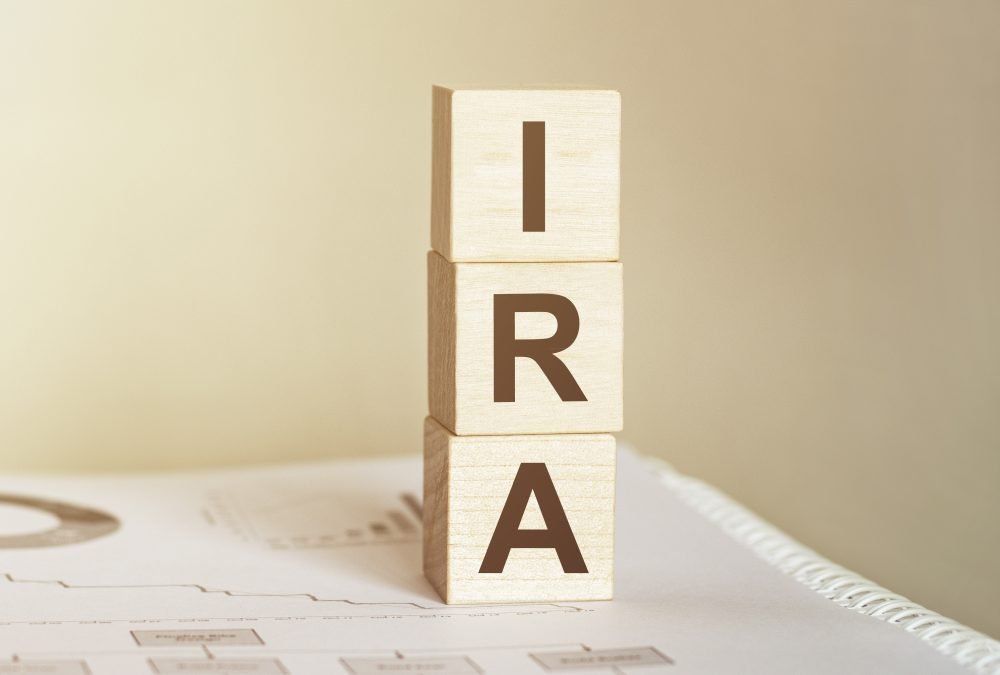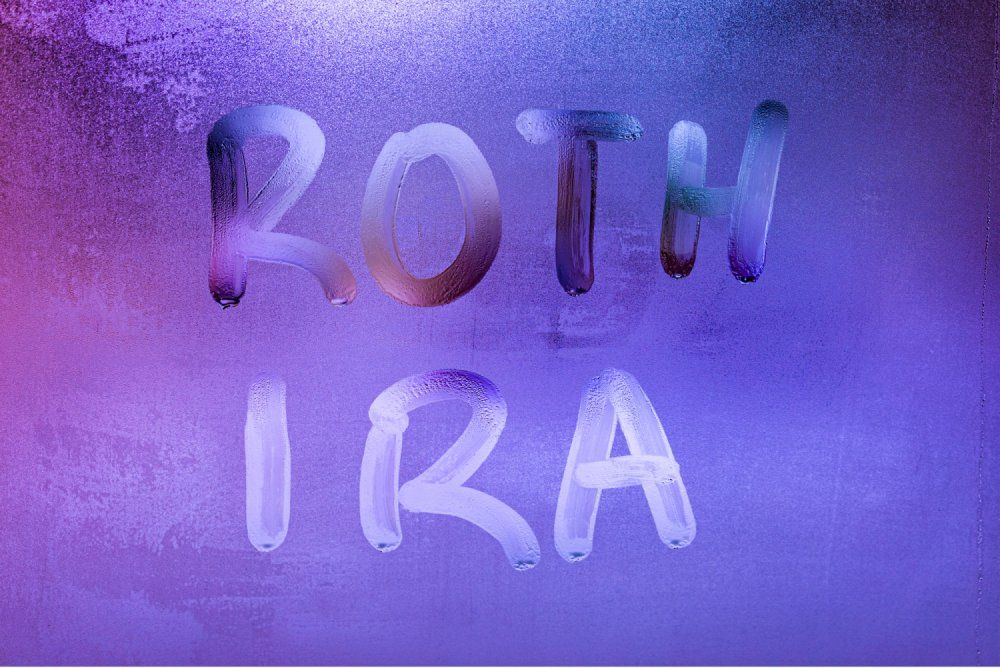Medicare
Medicare is a national health insurance program for people age 65 and older, and some younger people that have a disability. The program is funded through payroll taxes and premiums deducted by the government from social security payments. The premium amounts are income-based and assessed annually. There are four different parts to Medicare:
- Medicare part A helps cover inpatient care at a hospital and skilled nursing facility, along with some at-home care and hospice care.
- Medicare part B covers specific doctor’s services, outpatient care, medical supplies, and preventative services. You will likely need to pay a part B premium, which varies in cost based on income.
- Medicare part C, also known as Medicare Advantage, is a plan that includes parts A, B, and D and is offered by private insurance companies approved by Medicare. Part C allows for additional coverage, such as vision, dental, and hearing plans.
- Medicare part D helps cover the cost of prescription drugs, including many recommended shots or vaccines.
Private insurance companies also provide insurance plans known as Medi-gap. These plans are meant to supplement costs not paid by Medicare, such as copayments and deductibles.
It can be challenging to know which plan to choose; however, there are some common mistakes you will want to avoid when choosing a plan. You must sign up for medicare part B unless you are qualified to delay benefits. An example of when you may delay benefits is if you or your spouse have an existing health insurance plan through an employer. If you are ineligible to delay part B benefits, you may be subject to a 10% fee for every 12-months you delay enrolling in part B. If you do not sign up for medicare part b when eligible, there is a general enrollment period every year between January 1st and March 31st.
As you approach Medicare eligibility, you should receive a notice in the mail stating an enrollment period in which you can enroll in Medicare. There is a seven-month enrollment period for those who recently became–or are about to be–qualified for Medicare. The enrollment period begins three months before your birthday and is active for three months after your birth month. The reason enrollment is seven-months is that the enrollment period includes your birth month.
If you sign up within the three months of your birth month, coverage can begin on the first day of your birth month. If you
sign up for Medicare during your birth month, your coverage begins one month after you sign up. If you wait until after your birth month, your coverage may be delayed two or even three months, depending on how long you wait.
If you are nearing age 65 or are interested in learning how different Medicare plans will affect your finances during retirement, please do not hesitate to contact your financial advisor.
Can We Help?
The Twin Rivers team wants to guide you on your journey to financial success. If you have any questions about the topics above or would like to discuss any financial decision you are facing, please do not hesitate to contact our team.











